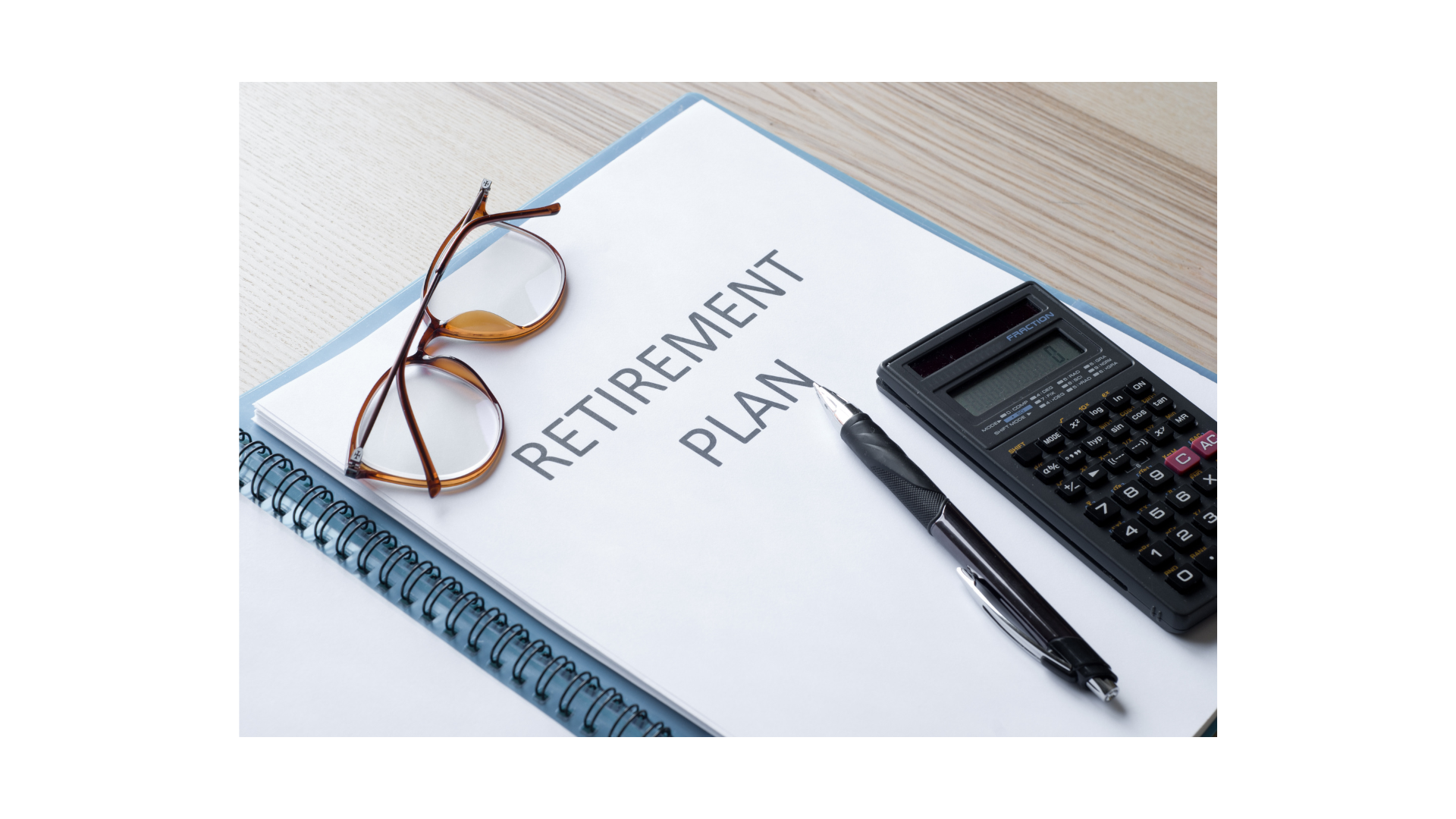Should You Downsize for Retirement?
Some retirees save a great deal of money by doing so; others do not.
You want to retire, and you own a large home that is nearly or fully paid off. The kids are gone, but the upkeep costs haven’t fallen. Should you retire and keep your home? Or sell your home and retire? Maybe it’s time to downsize.
Lower housing expenses could put more cash in your pocket. If your home isn’t paid off yet, have you considered how much money is going toward the home loan? When you took out your mortgage, your lender likely wanted your monthly payment to amount to no more than 28% of your total gross income, or no more than 36% of your total monthly debt repayments. Those are pretty standard metrics in the mortgage industry.1
What percentage of your gross income are you devoting to your mortgage payments today? Even if your home loan is 15 or 20 years old, you still may be devoting a significant part of your gross income to it. When you move to a smaller home, your mortgage expenses may lessen (or disappear) and your cash flow may greatly increase.
You might even be able to buy a smaller home with cash (if finances permit) and cut your tax liability. Optionally, that smaller home could be in a state or region with lower income taxes and a lower cost of living.
You could capitalize on some home equity. Why not convert some home equity into retirement income? If you were forced into early retirement by some corporate downsizing, you might have a sudden and pressing need for retirement capital, another reason to sell that home you bought decades ago and head for a smaller one.
The lifestyle reasons to downsize (or not). Maybe your home is too much to keep up, or maybe you don’t want to climb stairs anymore. Maybe a condo or an over-55 community appeals to you. Maybe you want to be where it seldom snows.
On the other hand, you may want and need the familiarity of your current home and your immediate neighborhood (not to mention friends close by).
Sometimes retirees underestimate the cost of downsizing. Even the logistics can be expensive. Just packing up and moving a two-to-three-bedroom home will cost about $1,250 if you are resettling locally. If you are sending it long distance, you can expect the journey to cost around $5,000, if not more. If you can’t sell or move everything, the excess may go into storage, and the price tag on that may be around $90 a month. In selling your home, you will probably pay commissions to both your agent and the buyer’s agent that add up to 6% of the sale price.2,3,4
Some people want to retire and then sell their home, but it may be wiser to sell a home and then retire if the real estate market slows. If you sell sooner instead of later, you can always rent until you find a smaller house that could save you thousands (or tens of thousands) of dollars over time.
Run the numbers as accurately as you think you can before you make a move. Downsizing always seems to have a hidden cost or two, but for many retirees, it can open a door to long-term savings. Other seniors may find it cheaper to age in place.
This material was prepared by MarketingPro, Inc., and does not necessarily represent the views of the presenting party, nor their affiliates. This information has been derived from sources believed to be accurate. Please note - investing involves risk, and past performance is no guarantee of future results. The publisher is not engaged in rendering legal, accounting or other professional services. If assistance is needed, the reader is advised to engage the services of a competent professional. This information should not be construed as investment, tax or legal advice and may not be relied on for the purpose of avoiding any Federal tax penalty. This is neither a solicitation nor recommendation to purchase or sell any investment or insurance product or service, and should not be relied upon as such. All indices are unmanaged and are not illustrative of any particular investment.
Securities offered through LPL Financial. Member FINRA/SIPC. Investment advisory services offered through AssuredPartners Financial Advisors, a registered investment advisor. AssuredPartners Financial Advisors and LPL Financial are separate non-affiliated entities.
Citations.
1 - nerdwallet.com/blog/mortgages/two-ways-to-determine-how-much-house-you-can-afford/ [4/26/22]
2 - investopedia.com/articles/personal-finance/061914/downsides-downsizing-retirement.asp [9/16/21]
3 - moving.com/movers/moving-cost-calculator.asp [4/27/22]
4 - gobankingrates.com/saving-money/home/why-still-wasting-money-storage-units/ [8/31/21]


Iowa
4200 University Avenue, Suite 200
West Des Moines, IA 50266
800-677-1529
Securities offered through LPL Financial, Member FINRA/SIPC. Investment advisory services offered through Global Retirement Partners, LLC dba AssuredPartners Financial Advisors, an SEC registered investment advisor. AssuredPartners Financial Advisors and LPL Financial are separate non-affiliated entities.
GRP Advisor Alliance is an independent network of retirement plan focused advisors. GRP Advisor Alliance is not affiliated with or endorsed by LPL Financial.
The financial professionals associated with LPL Financial may discuss and/or transact business only with residents of the states in which they are properly registered or licensed. No offers may be made or accepted from any resident of any other state.









